Okra Soup: Unite! & City of Charleston Illumination Project Event
Grace Church Cathedral – July 25, 2017
Breaking Bread and Building Bridges
The invitation went out to the community to join authors Herb Frazier, Dr. Bernard E. Powers, and Marjory Wentworth as they discussed their book, We Are Charleston. “The book contextualizes the racially motivated murders at Mother Emanuel by examining the storied history of the church and its tradition of activism, by exploring the biographies of those who lost their lives, and by explaining the often misunderstood role of forgiveness in this tragic episode in the life of our city.”
Okra Soup was the featured offering on the menu, chosen because it is a dish that is uniquely Southern and beloved across racial lines. It was also hoped that this simple dish would be an ice-breaker for those who were new to the group, by calling to mind their own family recipes and comparing memories — a first step towards finding common ground and forging new acquaintances. Attending were a number of us who have been deeply involved with the need for racial reconciliation in our community, and who believe in the goal of The Illumination Project to unite us. Indeed, Herb Frazier, one of the authors of the featured publication, grew up in Emanuel’s congregation.
The evening’s program began at 5:00 p.m. with supper and Okra Soup; the significance of this meal choice was discussed and much appreciated by all, and was followed by the group joining together in interfaith prayer. The program’s moderator, Margaret Seidler, then shared the project’s background and how it had expanded from its beginnings as a series of conversations about strengthening citizen and police relationships, to something more. Experienced facilitators were on hand to assist the groups of participants and to help guide them through the event’s agreed-upon rules:
- Speak your own truth and listen to others’ truths–they may be quite different (you’re informing, not persuading)
- Be honest and considerate
- Say your piece and share “air time” with others
- Remember the past and focus on the future
- Stay on topic/on track and pay attention to others
- One person speaks at a time, avoid side conversations
The authors were introduced and then the groups, led by their Illumination Project facilitators, worked at their tables.
Next, a listening session of interviews as authors addressed the following questions:
- Where were you when you learned of the tragedy? What were your initial thoughts?
- What was different from what you thought you knew about this tragedy before this project and what you learned/experienced after doing this project?
- Some may say it seems like we only become poised to make major changes after major tragedies. 1) How do you feel about that statement? 2) What lasting change do you believe can come out of THIS tragedy?
- Is forgiveness a sign of weakness, strength. or a survival mechanism?
- In what way do you see forgiveness playing a role in unifying our community, our state, our nation. and beyond?
- There is a lot of conversation about the removal of the Confederate flag in the book. Why do you believe people are galvanized by symbols? Do you feel it was a changing view that caused the flag to be removed or the tragedy that occurred?
- You mention the contradictions that emerged such as the tragedy happening on (John C.) Calhoun St., the Unity March happening on the Ravenel Bridge, and the Confederate flag being removed from the statehouse. Do you think other contradictions will be addressed?
Afterwards, facilitators presented key learnings or highlights from their group discussions, then described one thing that they planned to do after leaving that evening. Authors then shared their reflections on these highlights. The meeting ended as it began, with prayer, followed by a surprise jazz duo of Lonnie Hamilton and Charleston’s Mayor Tecklenburg,
Thinking about joining The Illumination Project?
I hope so, and I hope that you’ll be inspired to become a part of it, as I was. I recommend that you click through the two features below starting with a good introduction to the program published in 2016 by SC Public Radio News with an accompanying audio recording.
This remarkable film, produced by The Post & Courier, describes a cross-section of the Charleston community that came to The Illumination Project to have their voices heard and came away transformed by the experience.
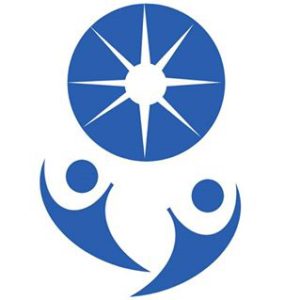
Join the conversation! To keep up to date on the Illumination Project, including when and where the next event will be held, follow their Facebook page.
ABOUT THE AUTHOR
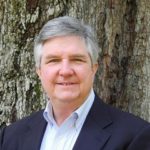 George W. McDaniel, Ph.D., is President of McDaniel Consulting, LLC, a strategy firm that helps organizations use history to build bridges within itself and to its broader constituents. The company’s tag line, “Building Bridges through History,” is grounded in McDaniel’s personal beliefs and his experience in site management, preservation, education, board development, fundraising, and community outreach. Rather than using history to divide us, he strives to help organizations use history, especially local history, to enhance cross-cultural understanding and to support local museums, preservation, and education. Dr. McDaniel recently led volunteer efforts with Emanuel AME Church and historical organizations in Charleston to use historic preservation to enhance racial reconciliation and healing.
George W. McDaniel, Ph.D., is President of McDaniel Consulting, LLC, a strategy firm that helps organizations use history to build bridges within itself and to its broader constituents. The company’s tag line, “Building Bridges through History,” is grounded in McDaniel’s personal beliefs and his experience in site management, preservation, education, board development, fundraising, and community outreach. Rather than using history to divide us, he strives to help organizations use history, especially local history, to enhance cross-cultural understanding and to support local museums, preservation, and education. Dr. McDaniel recently led volunteer efforts with Emanuel AME Church and historical organizations in Charleston to use historic preservation to enhance racial reconciliation and healing.
McDaniel is also the Executive Director Emeritus of Drayton Hall, a historic site in Charleston, SC, owned by the National Trust for Historic Preservation. He retired from Drayton Hall in 2015 after 25 years of distinguished service.
Header Image: Participants included R-L Margaret Seidler, Liz Alston, George McDaniel, Rebecca Campbell and Catherine Braxton.
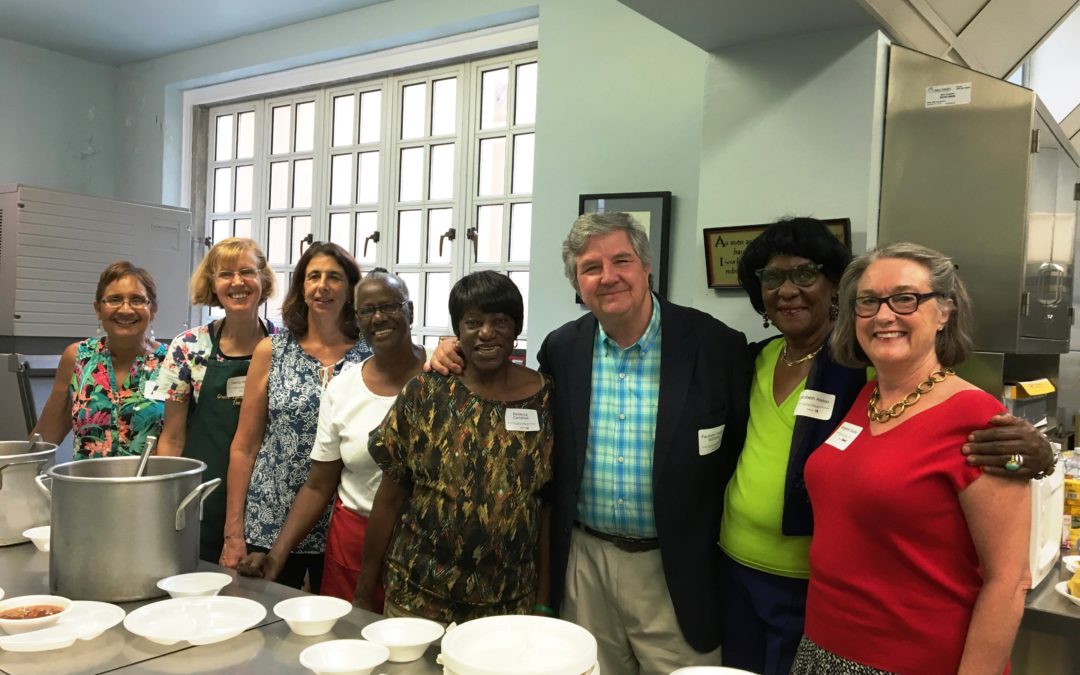
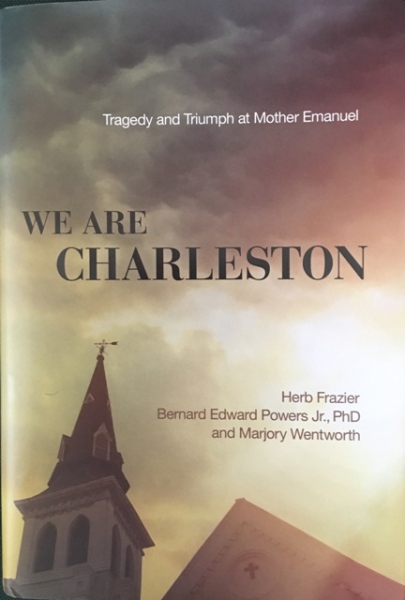
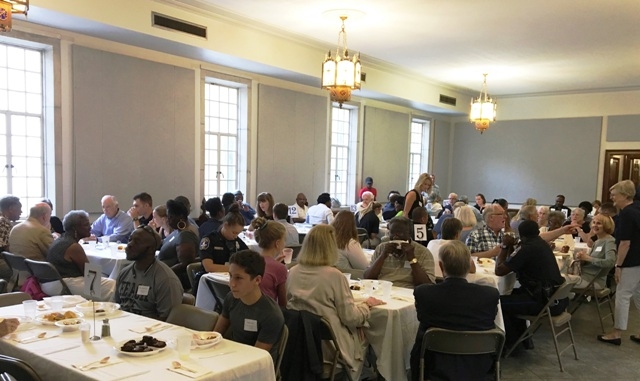
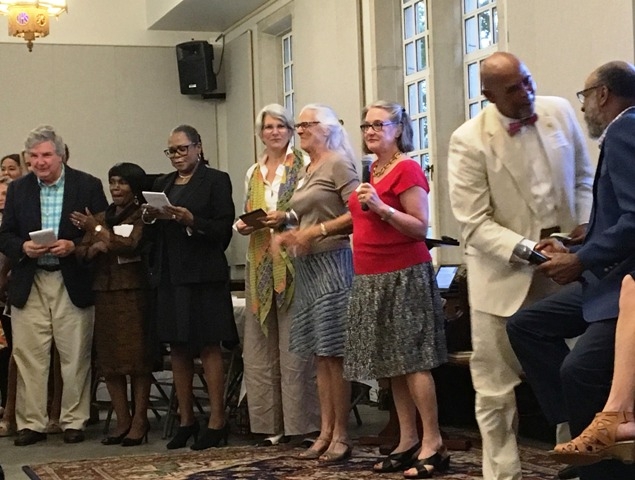
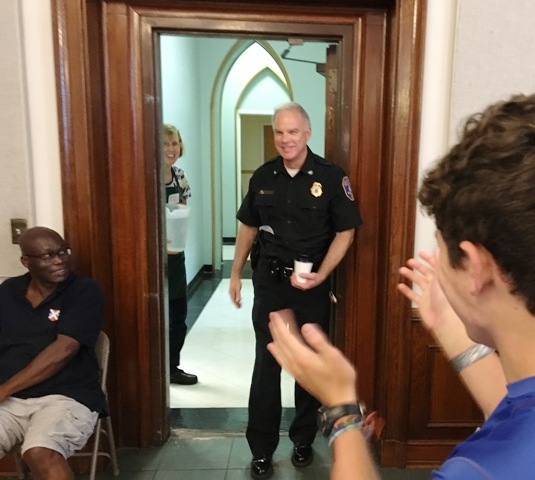
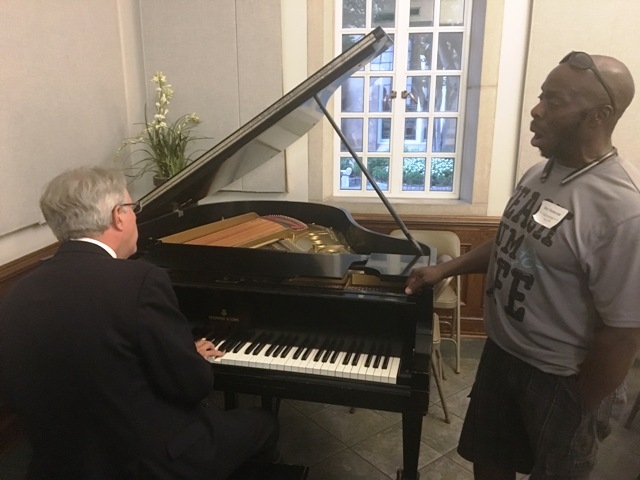
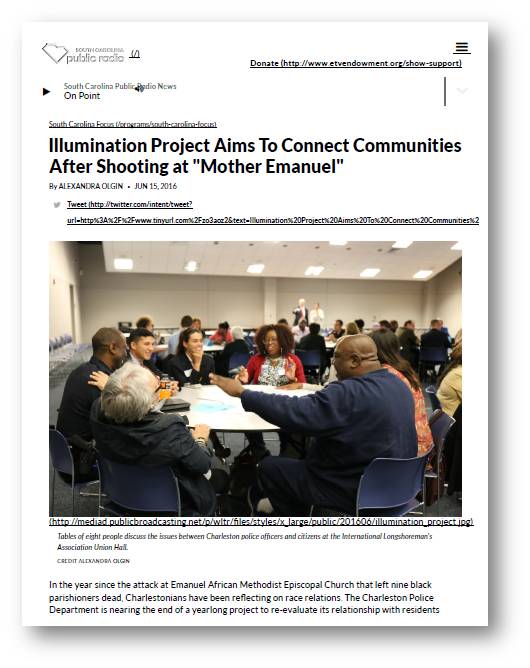
 McDaniel Consulting LLC is a strategy firm that helps organizations use history to build bridges within itself and its broader constituents.
McDaniel Consulting LLC is a strategy firm that helps organizations use history to build bridges within itself and its broader constituents.